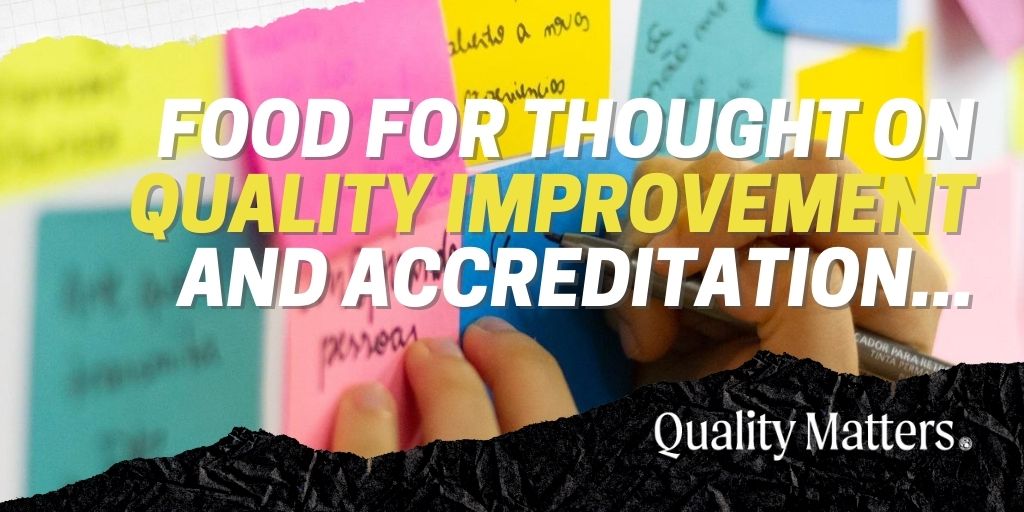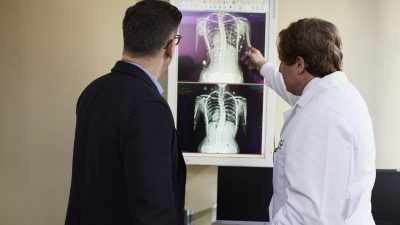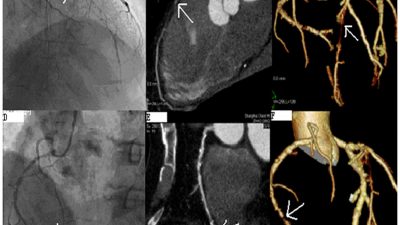We’re taking a break from the constant stream of COVID-19 related news reports to step back and renew our focus on quality improvement. This week, the Value in Healthcare Initiative, a collaboration between the American Heart Association and Duke University, released a number of calls to action for improving quality cardiac care in the AHA Journal Circulation: Cardiovascular Quality and Outcomes. Our news brief takes a look at these important trends as well as the usual round-up of significant recent developments. Plus, we offer our own cardiology quality call to action as we prepare to release Accreditation for Cardiovascular Excellence updated 2020 standards for the cardiac catheterization laboratory and percutaneous coronary intervention.
Studies Highlight Need to Prioritize Value in Health Care – American Heart Association Newsroom
In a press release accompanying the publication on July 20 of three studies from the Value in Healthcare Initiative, Nancy Brown, CEO of the American Heart Association, suggests that prioritizing health care quality and value “was already an urgent need before the COVID-19 pandemic,” and is only more urgent as “pressures on our health care system continue to mount.
The initiative’s work has revealed six crucial trends that will shape the near future of health care and cardiology quality improvement:
- incorporating the patient voice,
- achieving health equity,
- utilizing digital tools and data,
- introducing flexible payment models,
- addressing data standards and interoperability, and
- emphasizing implementation science.
The studies published this week tackle large cardiology quality call to action issues such as improving cardiovascular drug and device development and evidence, predicting and preventing stroke “upstream,” as well as a “streaminling and reimagining” of prior authorization, all of which are available in free access. Read more »

Do Independent Practices Report Clinical Quality Measures Faster? – EHR Intelligence
An article in EHR Intelligence was certainly food for thought from our ACE perspective, as our quality reviews and accreditation reviews often hinge upon the efficacy of quality improvement mechanisms within organizations and health systems. Insight from a study published in the Journal of the American Board of Family Medicine suggests that: “Smaller practices without support from a larger provider, or quality improvement (QI) support, reported their electronic clinical quality measures more quickly than those with larger organizational support.” While there was no difference over a 15 month period, the finding suggests that smaller practices “may be more alert” to changes in quality measures. We know that the immediacy of feedback is crucially important to quality improvement and organizational change, so the suggestion that big health systems may lead to “delays in [clinicians’] ability to obtain feedback about their performance,” which in turn have the potential to slow QI progress, is concerning from a systemic perspective.
Here’s another cardiology quality call to action: the need for regular and timely feedback! Via our consultative accreditation process, we recommend QI-focused reporting and discussion within organizations of real quality measures and clinical specifics on a more timely and regular basis than the study’s timeline suggests is happening for a large number of practices. Read more »
In Cardio-obstetrics, Clinicians Must Think ‘Outside the Box’ on CV Issues in Pregnancy – Healio Cardiology Today
Statistics that suggest an increase in pregnancy-related mortality due to cardiovascular disease and cardiomyopathy are, in themselves, a call to action to improve on care collaboration “between cardiology and maternal-fetal medicine,” says Ki Park, MD, director of women’s cardiovascular health services at University of Florida Health. “One of the issues is that the symptoms of pregnancy are very similar to that of cardiac disease,” says Afshan B. Hameed, MD, of the University of California, Irvine. “That’s where the need for CV screening comes in.” Read more »
S-ICD Lead Extraction: Early Results Promising in Experienced Hands – MedPage Today
Experienced operators in a multicenter study of complete lead extraction for subcutaneous implantable cardioverter-defibrillators (S-ICD) in France successfully removed leads in all but one patient out of 32, with no procedural complications reported, but study authors suggest the procedure was difficult, should be carefully managed and should be performed by a dedicated team. “S-ICD lead extraction is an efficient and safe procedure when using a stepwise strategy,” they concluded. “More challenges will come in the future with new ICD systems, such as substernal lead implantations. This all-new world of ‘extravascular ICDs’ will add complexity for the extraction procedure and will still require a lead extraction heart team approach that is so important for quality of care and safety for our patients.” The study suggests lead-extraction may be safe, but also suggests that volume requirements may be crucial, all-important standards of care that ensure the on-going expertise and experience of operators. Read more »
Cardiology Quality Call to Action: Stay Tuned for Updated 2020 Cath-PCI ACE Accreditation Standards!
Volume requirements are a convenient jumping off point, as they are an all-important part of Accreditation for Cardiovascular Excellence’s own standards. The organization is preparing to announce newly updated 2020 accreditation standards for the cardiac catheterization laboratory, the culmination of detailed review and original science led by ACE leadership. Stay tuned for more updates from ACE and CV Quality Matters as we detail what’s been updated, changed, and how we hope that these standards will impact quality improvement and quality care in cardiology across the world. Make sure you’re subscribed to receive emails from us using the form on the sidebar!












